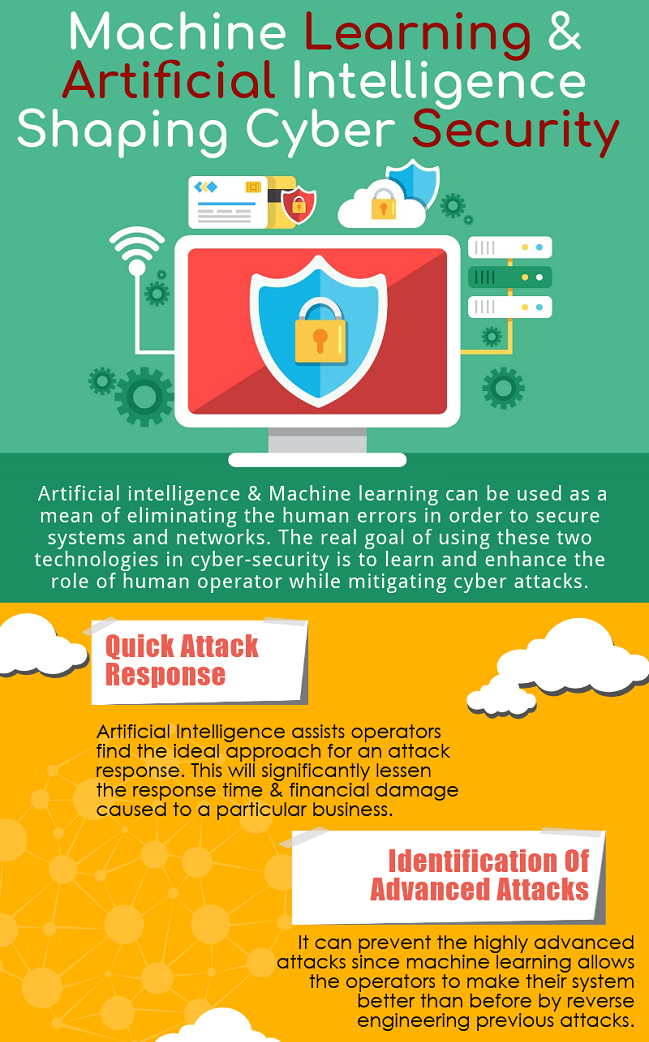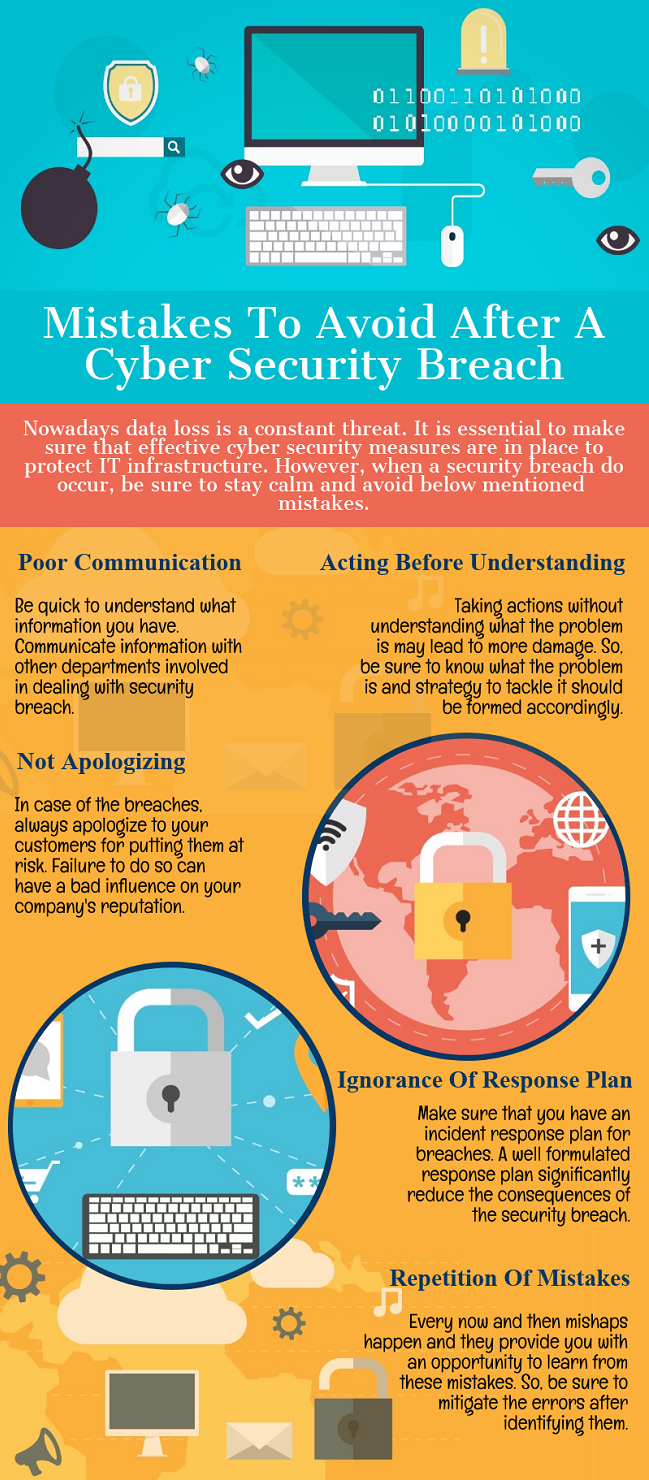Technology has made world a global village as everything is just a click away. This has opened up a plethora of opportunities for businesses. Almost all the brands are there on the web enabling people to enjoy the comfort of shopping and transacting while sitting at their home or workplace. More and more people are opting to transact online using their credit cards.
However, other side of picture presents the stark reality of cyber-crimes. The rising number of frauds corroborate the importance of learning about ways to keep one’s sensitive information and credit card details safe while doing online transactions.
Here are some tips and tricks to keep your credit card online transactions safe online –
- Password Protection – Make sure that you do not set very common passwords based on your date of birth, initials of phone number or name etc. as hackers can easily judge and crack them. Setting unique passwords for different transactions is an ideal move as it helps to avoid loss of sensitive information.
- Check The URL – Do check the URL before clicking on any website link because hackers sometimes create legitimate looking sites which otherwise contain malware and can steal your credit card details. Ensure that the address begins with ‘https’ and not ‘http’ as sites with an https connection have higher level of security.
- Avoid Using Public Networks – It is highly advisable to avoid using public networks and Wi- Fi if you are making payments through your credit card. Do not access bank accounts and other websites that require sensitive credentials and logins on public Wi-Fi networks.
- Opt For Trusted Payment Gateways – While transacting through your credit card make sure that you opt for trusted payment gateways. Purchase the product from reputed merchants to lessen the risk of credit card fraud.
- Don’t Store The Information – A pop up may appear on your computer screen when you are doing online banking or making payments online through your credit card. It might ask for permission to save your passwords and other details. The only way to safeguard yourself is to click on ‘NO’. Do not store or save important details like credit card number or passwords to ensure complete safety of information.
- Understand What Sites Need – It is important to keep a note of information that you provide on various sites. Genuine sites and vendors would only ask for details such as the credit card number, expiry date, shipping address and a security code. Be wary of websites that ask for more information than what is generally required.
- Add A Layer Of Security – The soaring figures of credit card frauds validate the importance of adding additional layers of security. Ask your bank to enable the security features and they will send a verification message or one time password before a payment is made through your credit card.
- Regularly View Transaction History – Make it a habit to check your transaction history every now and then. This will enable you to detect any suspicious activity and take preventive measures as soon as possible.
For more information on IT Security, call Centex Technologies at (254) 213-4740.
Mobile phones have become a part and parcel of our lives. As per Statista, by 2020 there would be 9,038 million mobile phone users globally. With their increasing use, another important issue that comes into picture is the mobile security. Here we have listed some common mobile threats you must be aware of –
Data Leakage – Fraudulent apps seeking personal information can lead to data leakage and are a serious threat to mobile security. Mobile users need to be extra careful while granting permissions to various apps to gain access to gallery, notes and other folders. If a certain app requires you to fill in more information than what is generally required then it is best to avoid it.
Spyware – Your private information remains private no more. Spyware is a type of malware that collects information about the websites you visit, whereabouts and sometimes even your personal information. The collected data is then sent it to a third party without your consent or knowledge.
Viruses & Trojans – Viruses often masquerade themselves and come along with a program that seems legitimate. They can then hijack your personal information as well as sensitive login credentials or send unauthorized premium rate texts. Viruses can also enter your mobile when an app containing malware is installed on your phone.
IoT Threats – Almost all the devices are now connected with our smartphones. If a hacker gains access to your mobile phone then chances are that they can hack information available on other connected devices as well.
Network Spoofing – This often happens when you browse the internet using unknown Wi- Fi networks. Cyber criminals spoof the access points and then hack your emails, contact information etc. to use it for their benefit.
Out–Of-Date Software – There are higher chance of falling prey to a malware attack when your mobile phone runs on an outdated software that hasn’t been updated. Out-of-date software don’t have appropriate security patches often resulting in your pivotal information getting hacked.
Tips To Avoid Mobile Threats
- Update your mobile system regularly.
- Don’t set up easy passwords if you browse sites that contain sensitive login credentials.
- Install a good mobile anti-virus software.
- Download the apps from App store only.
- Try to avoid using unknown Wi-Fi networks.
- Read the end user agreement before actually downloading an app.
For more information on IT Security, call Centex Technologies at (254) 213-4740.


